Victor Margolin
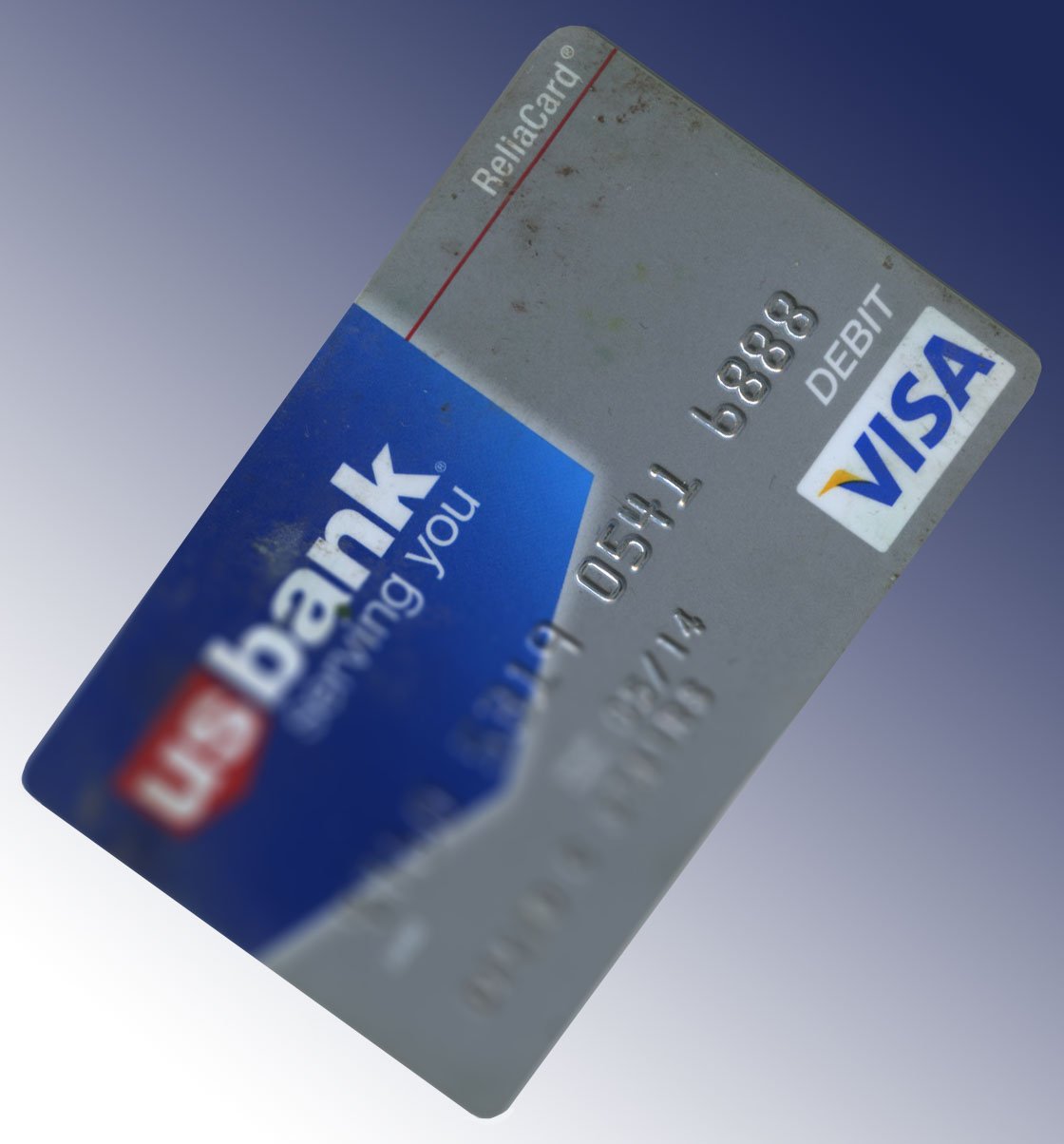
If you are a white-collar worker making a decent salary, chances are that your paycheck will go directly to your bank so you can access it with a check or a withdrawal slip or draw on it with a credit card or mobile phone payment. There are banks that charge for such accounts, but only usually if the customer’s balance drops below a given amount. In many banks you will get the checking account free, while in some you will even earn a modicum of interest on it.
There are low-wage workers who do not have bank accounts. A survey published by the Federal Deposit Insurance Corporation (FDIC) in 2011 estimated that more than 8% of American households do not use banks for their financial transactions and that number has grown since then. Therefore, if workers without bank accounts receive their salary as a check, they will have to pay to cash it at a Check Cashing Service Center like RiteCheck or at Currency Exchange. However, at least they will have the cash intact for a single fee. There are multiple reasons why a low-wage worker may not have a checking account. One is the lack of banks in many neighborhoods that are comprised primarily of people with low incomes. Residents in those neighborhoods have to travel considerable distances to get to a bank and in some cases a cash machine; consequently it is easier to cash their checks at far more accessible Check Cashing Service Centers of Currency Exchanges. In fact, one can compare the lack of banks in a neighborhood to the lack of supermarkets that sell wholesome food. We already understand the concept of a food desert, which denotes a lack of such markets, but we can also speak of a financial desert, which indicates a neighborhood that is bereft of adequate financial services. In such neighborhoods the Check Cashing Service Centers or Currency Exchanges provide financial services.
Another reason for not having a checking account is that many banks do not adapt their services for low-income clients. Thus, charges for bounced checks, overdrafts, and the like may make bank accounts expensive and unfeasible for the poor. Nonetheless, banking would be workable if banks would do more as a few do to cater to low-income customers. If you are a low-wage worker, there is an increasing chance that your employer will try to compensate you with a pre-paid payroll card rather than a check or a direct bank transfer. I use the term “de-design” to describe the payroll cards since they reinforce the disadvantage of low-wage workers in gaining access to the banking system. Unlike a bank account to which the customer generally has access for free, payroll cards come loaded with fees of various kinds. These differ from card to card but there are generally costs to getting the cash off your card or in some cases finding out your balance. These costs can take the form of fees to make withdrawals from most ATM machines, fees to obtain paper statements, or even fees for not using a card over a period of time. Looking at the payroll cards as examples of “de-design” we can understand them as making a bad situation of inadequate access to normal financial institutions worse.
In essence, the cards make it more expensive and cumbersome for low-wage workers to access their salaries than would otherwise be the case. The cards also add administrative burdens to people holding down more than one job who must manage several of these cards at the same time instead of a single bank account or the cashed checks from a Check Cashing Service Center or a Currency Exchange. Proponents argue the payroll cards’ virtue in a perverse way, claiming that these cards are safer to carry in high crime neighborhoods because the money on the card can be accessed in small amounts rather than as the full equivalent of a payroll check obtainable at a Currency Exchange. The real advantage of payroll cards is to the employers for whom issuing cards appears to be cheaper. The cards also mean additional business for the banks as well as opportunities for new independent financial services such as NetSpend. For an employer, putting money on a card costs less than cutting payroll checks and executing bank transfers, while for banks and related enterprises, the payroll card is a new instrument of financial gain.
In some instances, employers receive bonuses from banks for signing up new customers as the New York Times indicated in a 2013 article, when it described a contract between the New York Housing Authority and Citibank, which was written to return one dollar to the Housing Authority for each employee that was enrolled in the Citibank payroll card program. Although federal laws prohibit employers from mandating that employees receive their wages exclusively on a payroll card, these laws are frequently ignored or obscured so employees may not be clearly informed of their right to receive payment in a form other than the card. In some instances, employers resort to behavioral economics to reduce the incentive of employees to reject the card and choose payment by other means. As the above-mentioned New York Times article reported, this may involve designating the payroll card as a default choice, which would require extensive paperwork to undo. Some years ago, the political scientist Charles Tilly introduced the term “de-democratization” to describe a situation where a nation was becoming less democratic. Likewise, “de-design” can apply to services such as payroll cards where a situation that is at least workable though far from ideal is made worse in order to enhance the gain of someone other than the end user of the service. Offering employees payroll cards and claiming an advantage for them is like telling people that a Big Mac and fries is better than a wholesome well-balanced meal because the former is cheaper and more convenient to obtain.
In effect, payroll cards are simply another way to exploit low-wage workers by extracting some of their pay for purported services they neither requested nor wish to maintain. Claiming a benefit for the cards is not helped by the duplicitous or even illegal means by which employers foist these cards on their employees. Besides altering the means by which low-wage employees access their salaries, a major issue is improving their financial well-being. One way to do this is by increasing access to banking facilities, although Jennifer Servon, who does research on urban poverty has written positively about Check Cashing Service Centers whose tellers are helpful to customers with whom they develop personal relationships. Likewise, some banks offer accounts that only require minimal deposits and have either low fees or free checking. Such banks, however, are few and far between. The Federal Deposit Insurance Corporation (FDIC) claims it is committed to insuring that all Americans have access to “safe, secure, and affordable banking services” but little has been done to promote this.
Added attention to creating more and accessible banks for low-income people would be a just approach to improving their financial well being as compared to perversely undermining such potential by issuing exploitative payroll cards that simply add more penalties to being poor. I would like to thank Myra Margolin for her thoughtful editing suggestions.
Victor Margolin is Professor Emeritus of Design History at the University of Illinois, Chicago. He is currently working on a World History of Design to be published by Berg in London.

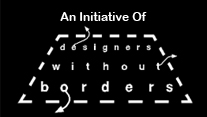



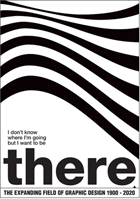
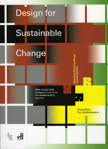
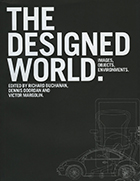



Leave a Reply
You must be logged in to post a comment.